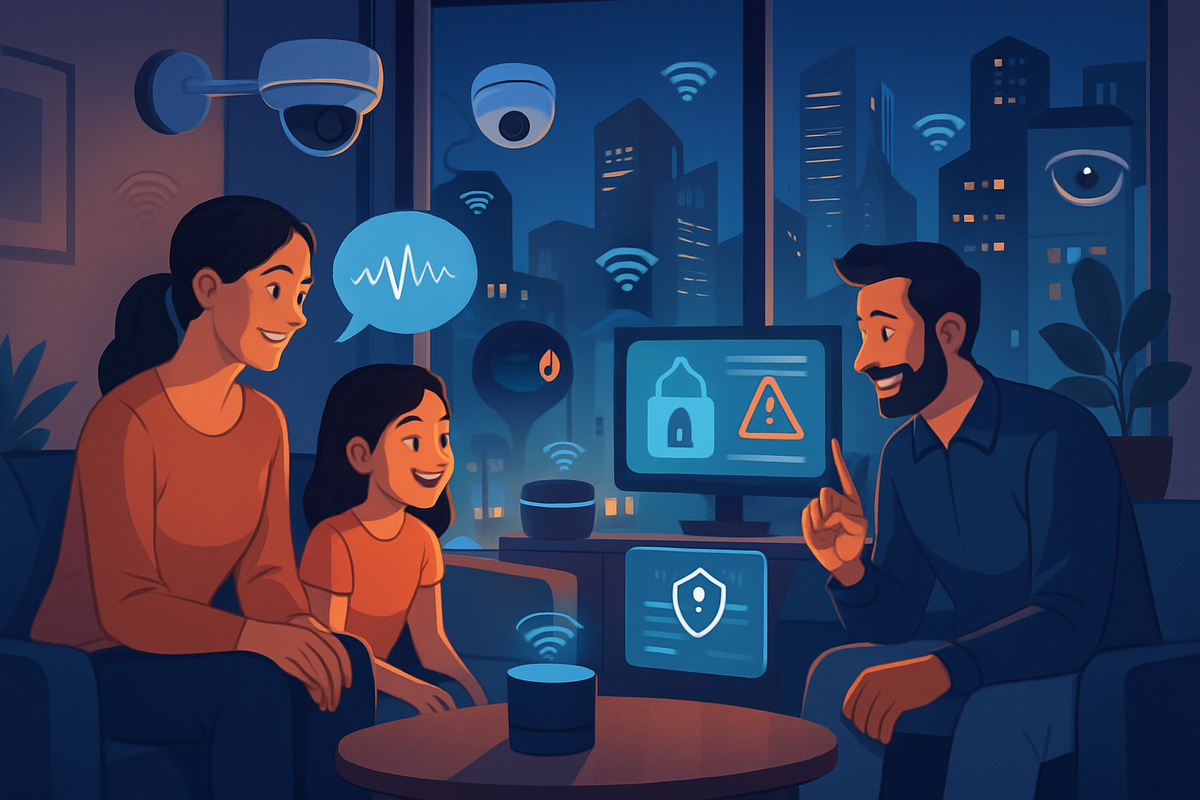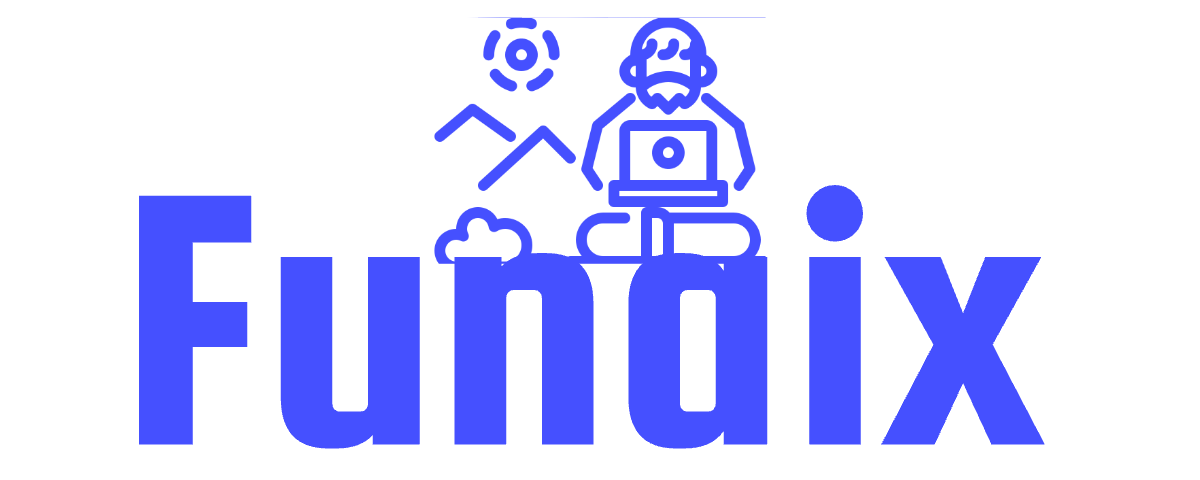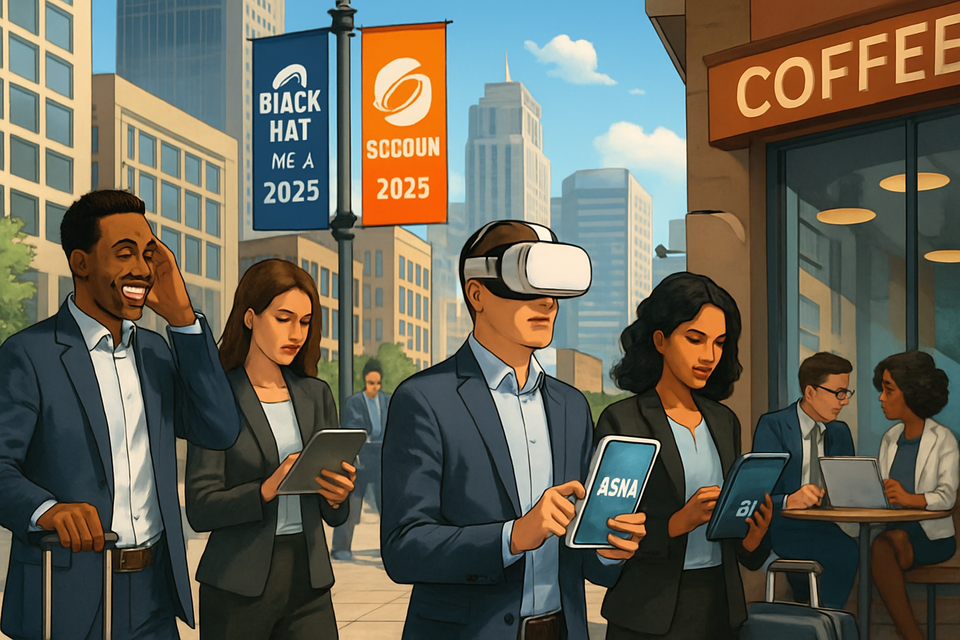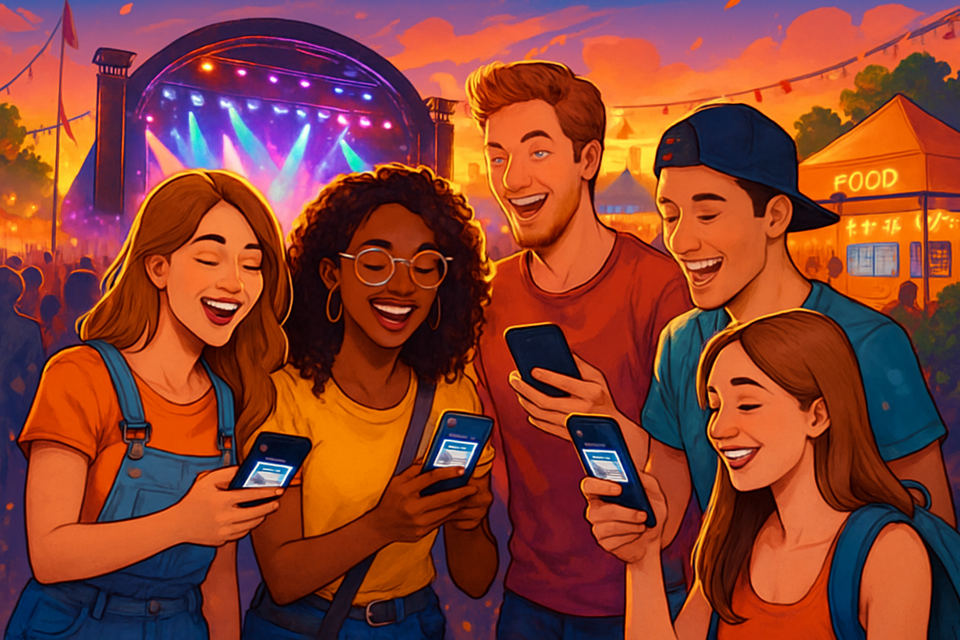The Human Factor: How IoT and AI Will Transform Everyday Lives by 2030
Step into a future where smart technology seamlessly elevates your lifestyle, but be vigilant—who holds the reins of your data? Discover how IoT and AI will shape your world and the crucial balance between convenience and autonomy.

Imagine a world where your home anticipates your needs, your city responds to your presence, and your digital assistant knows your preferences better than your best friend. Welcome to the next five years, where the fusion of the Internet of Things (IoT) and Artificial Intelligence (AI) is set to not just automate the world around us, but fundamentally reshape the very fabric of daily life, decision-making, and personal autonomy.
“Technology should serve humans, not the other way around. As we wire our homes, cities, and bodies, the ultimate question isn’t what smart tech can do, but what it should do—for us, and with us.”
From Smart Homes to Cognizant Cities: The Everyday Revolution
By 2030, the convergence of IoT and AI is expected to deliver a world where convenience is no longer a luxury—it’s the ambient backdrop to daily life. But what will this look like in practice?
1. Homes That Know You (Sometimes Better Than You Know Yourself)
- Predictive Comfort: AI-driven thermostats and lighting adjust based on your mood, weather, and even your calendar. No more toggling switches or arguing over the thermostat—it just happens.
- Health at Home: Smart fridges suggest recipes based on what’s inside (and your dietary goals), while wearables sync with your kitchen to nudge you toward healthier choices—sometimes before you even realize you’re hungry.
- Security Evolved: Home security systems use AI to differentiate between the family dog and a potential intruder, reducing false alarms and giving you peace of mind—unless your cat is plotting a coup.
2. Cities That Respond, Not Just React
- Hyper-Personalized Mobility: Public transport adapts in real-time to passenger flows, while smart traffic systems reroute you around congestion before Waze can even say "recalculating." (Source: IoT Business News, 2024)
- Environmental Guardians: IoT sensors monitor air and water quality, alerting both citizens and city managers instantly, enabling rapid responses to pollution or emergencies.
3. Your Body, Upgraded
- Real-Time Health Insights: Wearables will do more than count steps—they’ll monitor stress, blood pressure, and even detect irregularities before you feel a thing. Your AI companion may nudge you to take a break, meditate, or call a doctor—sometimes before you know you need it. (Source: Colibri Bookstore, 2024)
- Fitness, Personalized: Expect AI-crafted workout routines and nutrition plans that shift with your lifestyle and goals, all based on data you (and only you) control—if you want to.
The Unseen Trade: Convenience vs. Autonomy
For all the magic, there’s always a price tag. The more our environments know us, the more we have to ask: who controls the data, the algorithms, and ultimately, the decisions?
Algorithmic Bias: When Smart Isn’t Always Fair
AI systems learn from data—and sometimes that data reflects biases from the real world. Imagine a fitness tracker misinterpreting your cultural diet as "unhealthy," or a smart hiring tool overlooking candidates due to flawed training data. The risk: automation can amplify inequality if not carefully managed.
Privacy in Public and Private
IoT and AI mean more sensors, more cameras, more data—everywhere. Smart cities may keep us safer and healthier, but they also raise the specter of surveillance. Who owns the footage from your doorbell cam? Who decides which data gets anonymized, and which gets sold?
“In the future, privacy won’t be lost in a single moment—it’ll be surrendered bit by bit, in exchange for convenience, until we realize how much we’ve given away.”
Navigating the New Normal: Actionable Tips for Smart Living
- Take Control of Your Data: Regularly review device privacy settings and opt out of unnecessary data sharing. Use encrypted networks and privacy-focused services where possible.
- Demand Transparency: Support brands that clearly explain how their AI and IoT systems work, and how your data is used. If you can’t understand it, ask why.
- Personalize, Don’t Surrender: Use automation to enhance your life—but don’t let it make every decision for you. Set your own limits on notifications, recommendations, and device autonomy.
- Stay Curious (and a Little Skeptical): When your smart device makes a suggestion, ask yourself: is this really best for me, or just best for the algorithm?
- Get Involved: Many cities are piloting digital rights charters and citizen data panels. Join the conversation—your voice shapes the future.
The Next Five Years: What to Expect (and How to Prepare)
- Ambient Intelligence Everywhere: By 2030, expect your home, car, and workplace to anticipate your needs—sometimes before you can articulate them. The line between digital and physical will blur, for better and for weird.
- Hyper-Personalized Ecosystems: Your preferences will follow you from room to room, city to city, device to device. Just make sure you’re the one setting those preferences.
- Sustainability and Ethics Front-and-Center: From smart grids to eco-friendly wearables, technology will be both a tool and a test for building a more sustainable, equitable world.
The future isn’t about technology replacing humanity—it’s about technology amplifying what makes us human: curiosity, creativity, and the drive to connect.
Join the Conversation: Shape the Future Together
Ready to navigate the connected world with confidence (and a dash of wit)? Become a Funaix Insider! Subscribe for free at Funaix.com and get smart, actionable news, plus exclusive perks—straight to your inbox. Only subscribers can read and write comments, so join our smart, lively community (while it’s still free!).
Published August 8, 2025 — Stay curious. Stay human. Stay connected.




